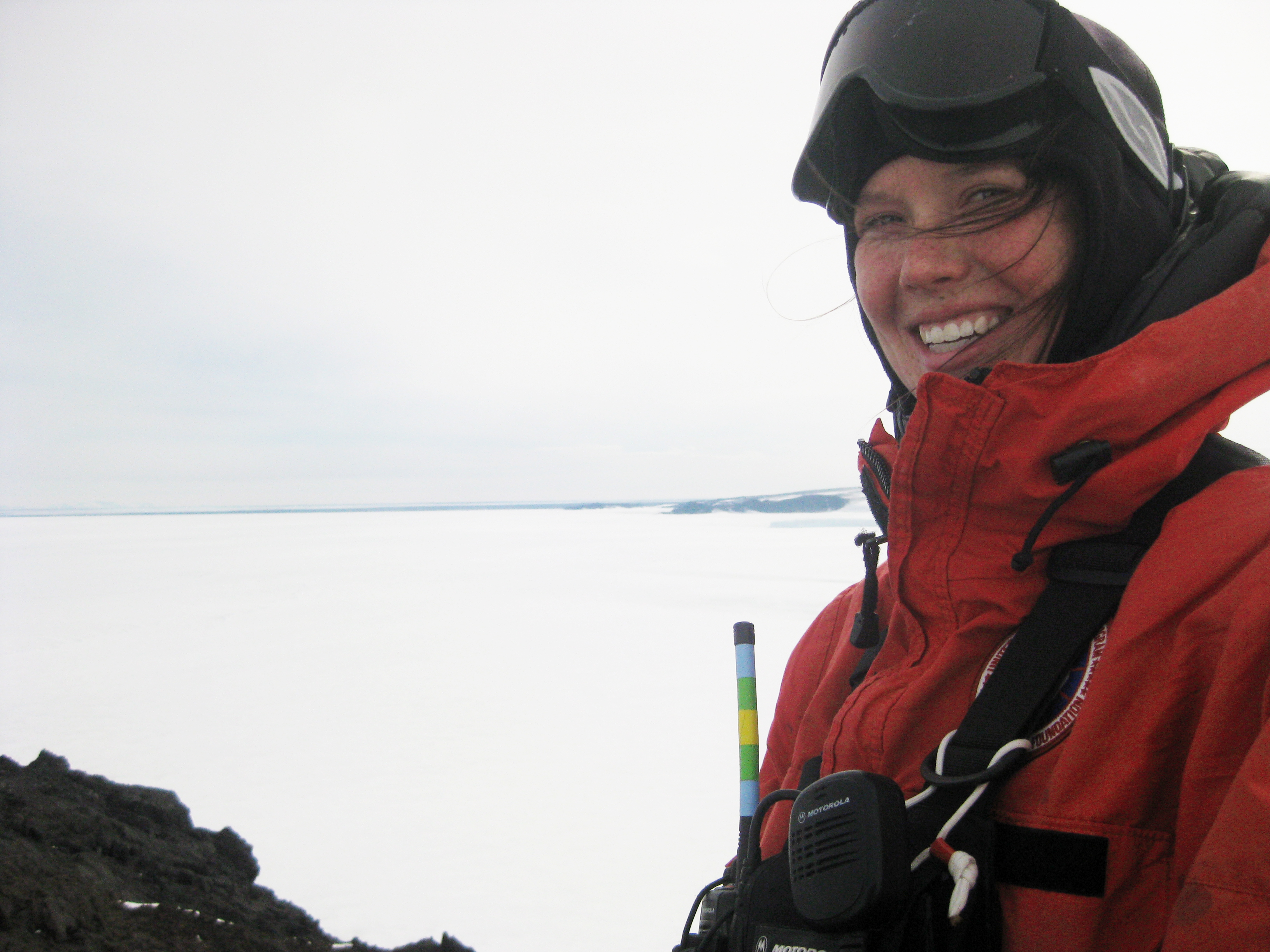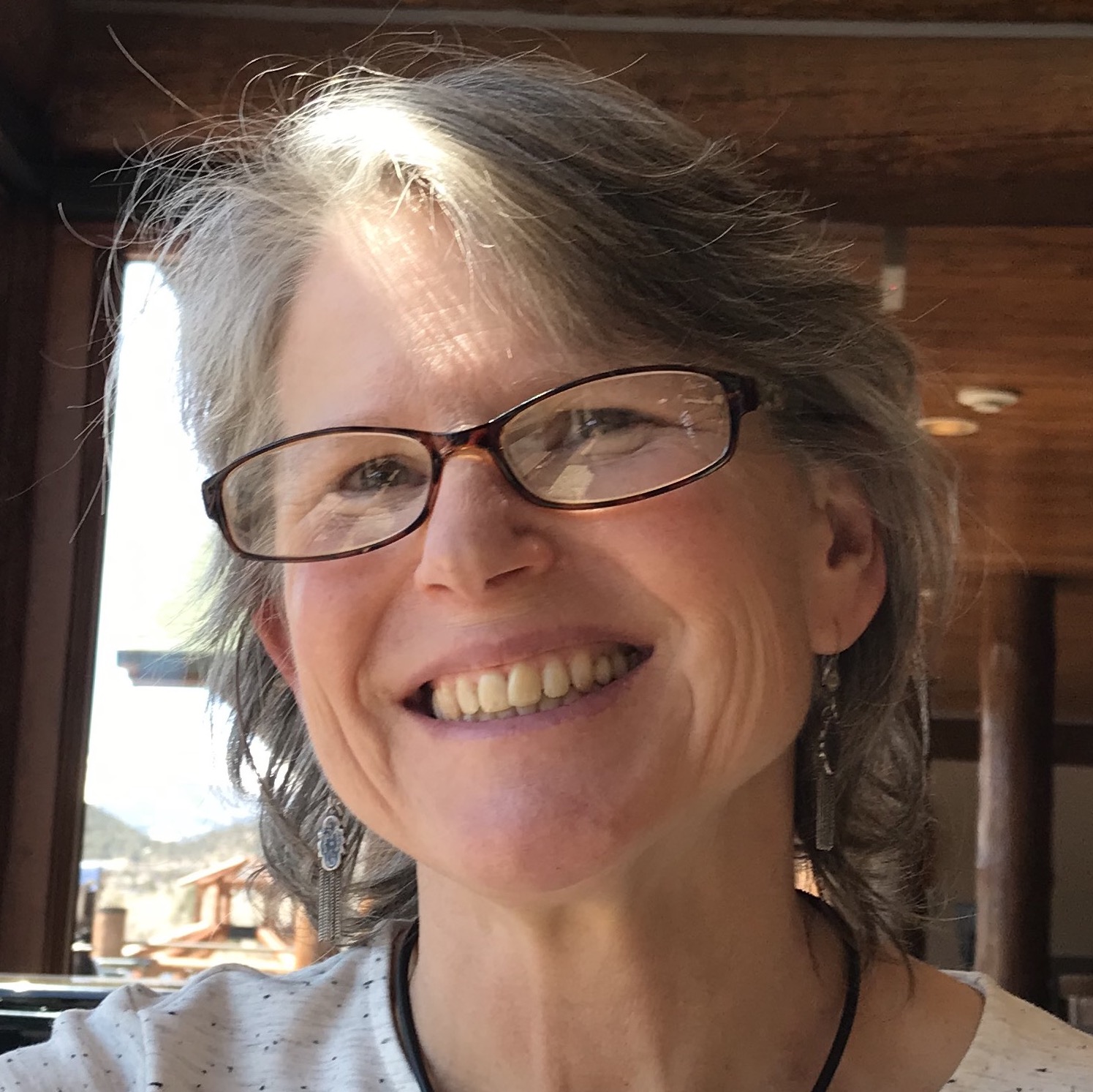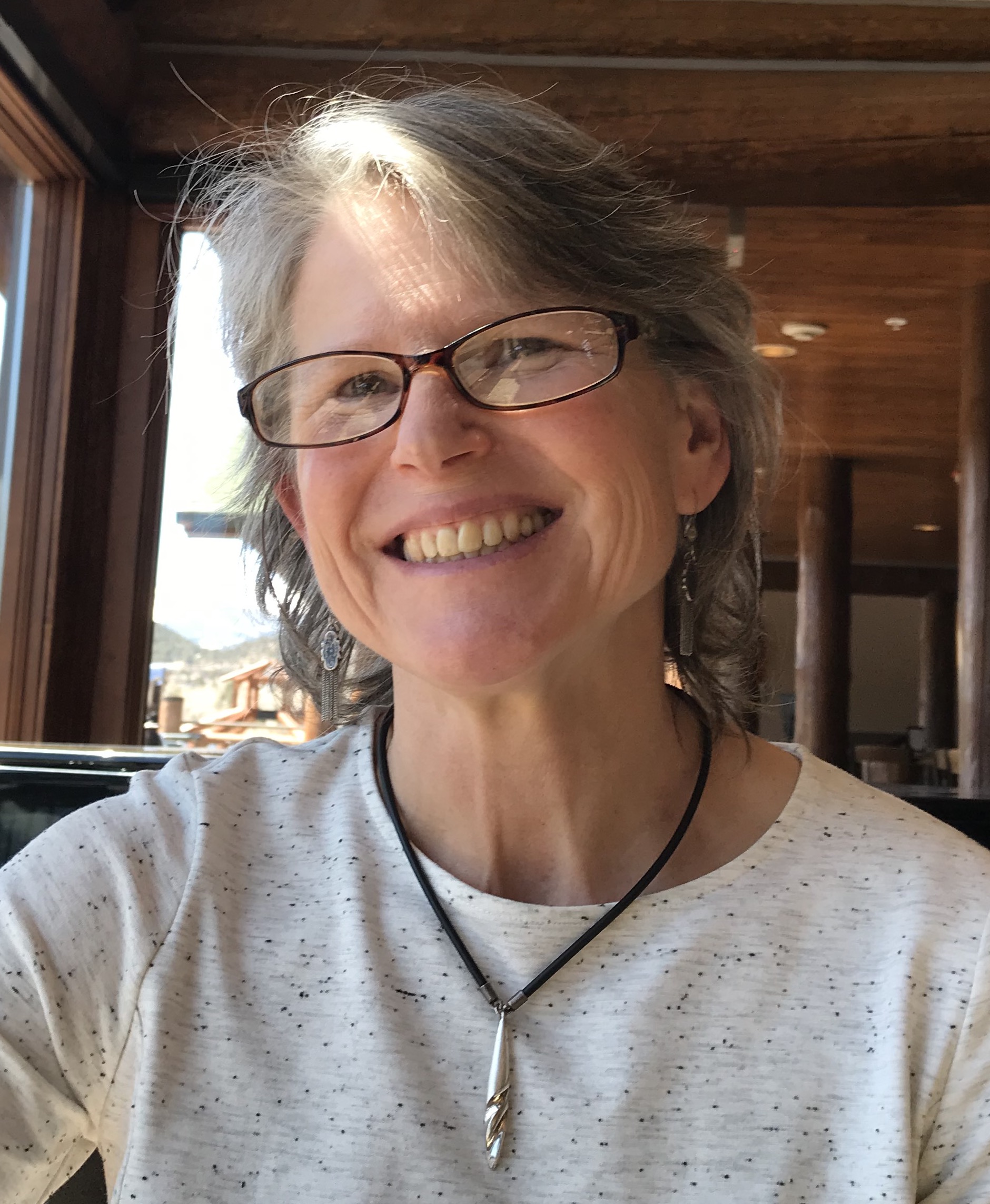SCIENCE GUIDES
-
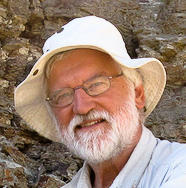
Jim Basinger | Professor of Geological Sciences
Players meet Jim in Mission 1 of the Polar Lab
[+] MORE
Jim Basinger is a paleontologist, and Professor of Geological Sciences at the University of Saskatchewan in Saskatoon, Saskatchewan, Canada. Born in Edmonton, Alberta, Canada, he trained at the University of Alberta, earning his Ph.D in Paleobotany 1979. His research into the evolution of plants and environments has included extensive field-based research in Western Canada and the Canadian High Arctic. Since 1982 he has investigated the remains of fossil plants in northernmost Canada, including the discovery of 45-60 million-year-old fossil forests of Axel Heiberg and Ellesmere islands. These fossil forests provide a window onto Earth’s past, to a time when global climate was much warmer than present, and forests existed throughout the polar regions. His arctic research has also brought to light some of the world’s oldest land plants, in 400-million-year-old rocks of Bathurst Island, in the central Arctic Archipelago of Canada.
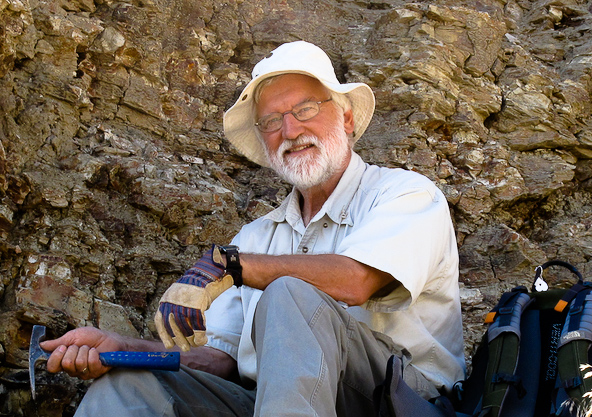 His research into the evolution of plants and environments has included extensive field-based research in Western Canada and the Canadian High Arctic.
His research into the evolution of plants and environments has included extensive field-based research in Western Canada and the Canadian High Arctic.[-] LESS
-
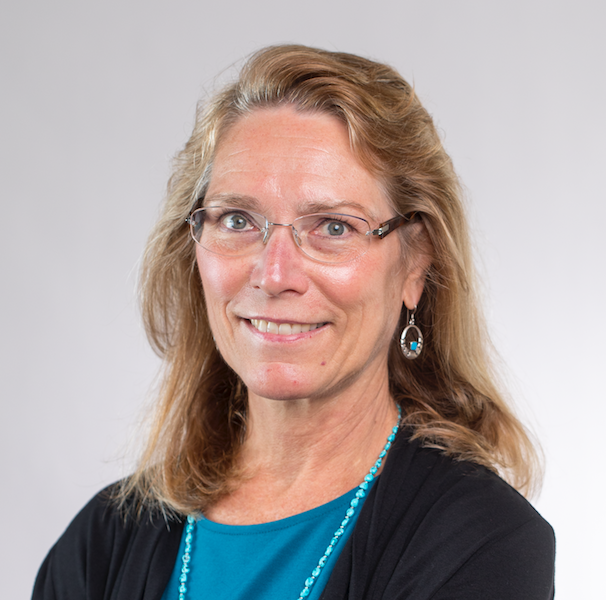
Julie Brigham-Grette | Professor of Geological Sciences
Players meet Julie in Mission 2 of the Polar Lab
[+] MORE
Dr. Brigham-Grette is Chair of the Polar Research Board of the US National Academy of Sciences Department and just now Past- Head of Geosciences (as of Sept 1st). She has been conducting research in the Arctic for 40 years, including eight field seasons in remote parts of northeast Russia since 1991. After graduating with a BA in Geology from Albion College, she completed her MSc and PhD at the University of Colorado. Julie served as a postdoctoral fellow in Bergen Norway and then at the University of Alberta before taking a faculty position at the University of Massachusetts-Amherst in 1987.
Her research interests and experience span the broad spectrum of arctic marine and terrestrial paleoclimate records dealing with the Late Cenozoic to recent evolution of the Arctic climate, especially in the Bering Strait region. She most recently led the $10M International Continental Scientific Drilling Program at Lake El’gygytgyn in NE Russia collecting a record of Arctic change over the past 3.6 million years. She has also been involved in the development of sea ice proxies and the sea ice history of the Bering Strait Region of the western Arctic. For several years Julie and collaborators have run a Research Experience for Undergraduates on Svalbard studying modern processes in front of tidewater glaciers. She as new interests in public engagement, using science to inform policy on coastal management challenges with rising sea level.
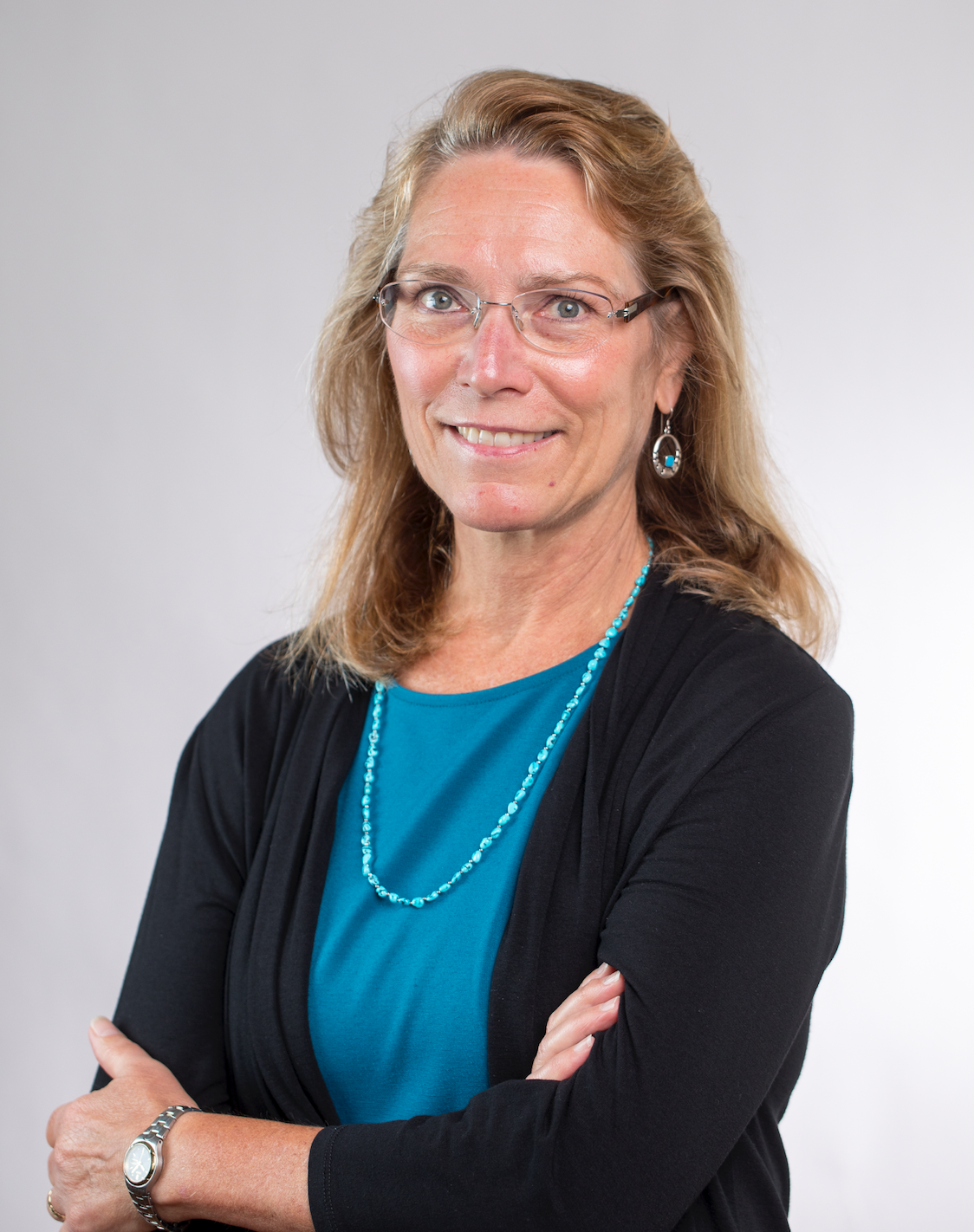 Dr. Brigham-Grette has been conducting research in the Arctic for 40 years, including eight field seasons in remote parts of northeast Russia since 1991.
Dr. Brigham-Grette has been conducting research in the Arctic for 40 years, including eight field seasons in remote parts of northeast Russia since 1991.[-] LESS
-
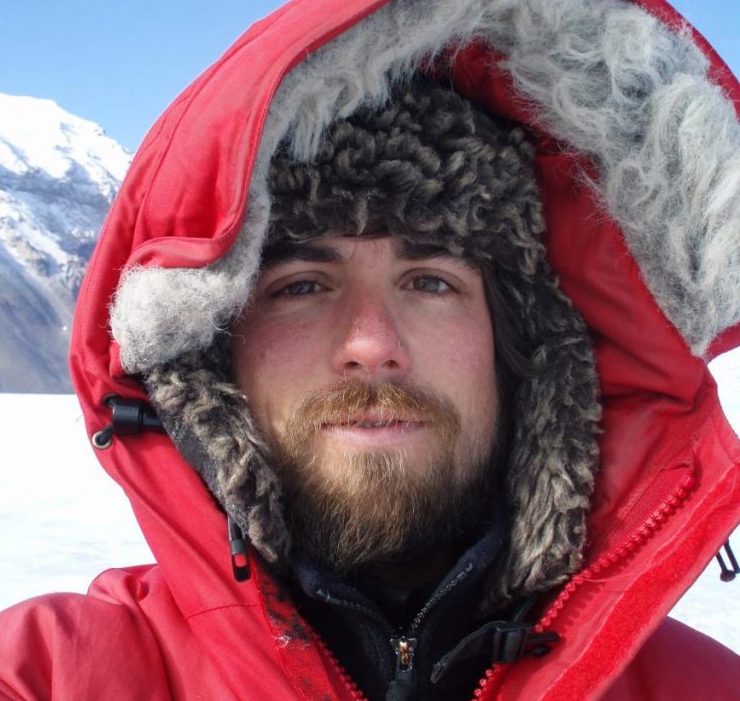
Christo Buizert | Assistant Professor of Geology and Geophysics
Players meet Christo in Mission 2 of the Polar Lab
[+] MORE
Christo Buizert is an ice core researcher from the Netherlands who is currently working at Oregon State University in the US. He investigates past climate change using ice samples from cores drilled in the remote polar ice sheets of Greenland and Antarctica, and has visited both places multiple times on scientific expeditions. He is particularly interested in the extremely abrupt climate change events that happened during the ice age.
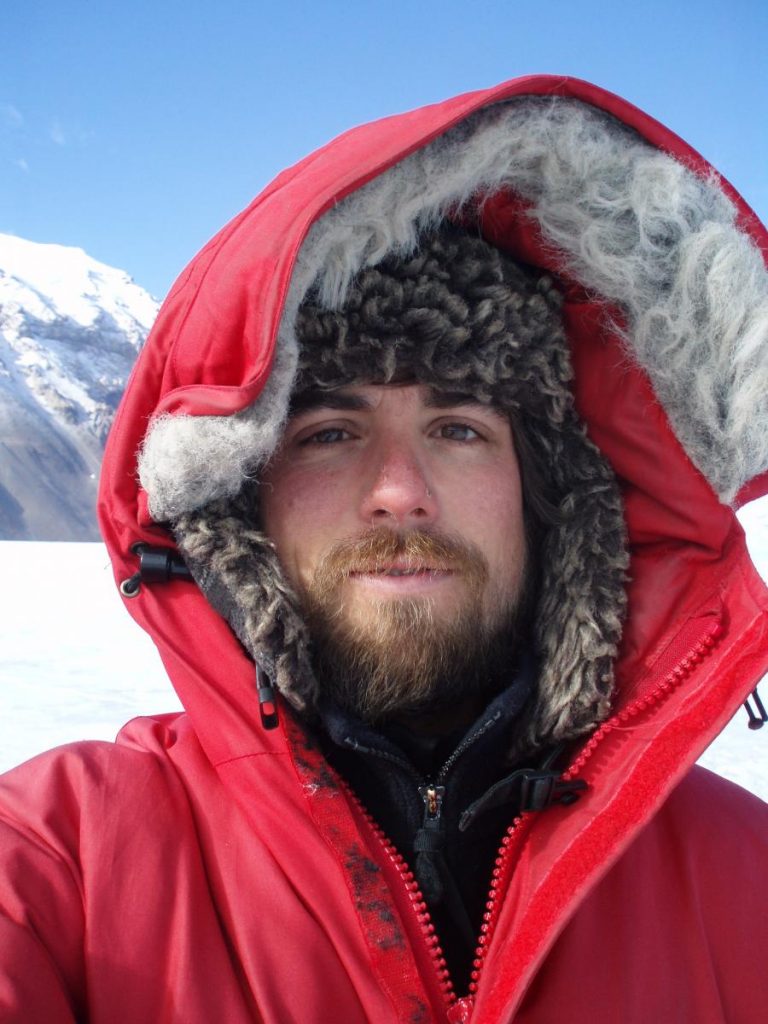 He has visited the remote polar ice sheets of Greenland and Antarctica multiple times on scientific expeditions.
He has visited the remote polar ice sheets of Greenland and Antarctica multiple times on scientific expeditions.https://ceoas.oregonstate.edu/profile/buizert/
https://icecore.ceoas.oregonstate.edu/
[-] LESS
-
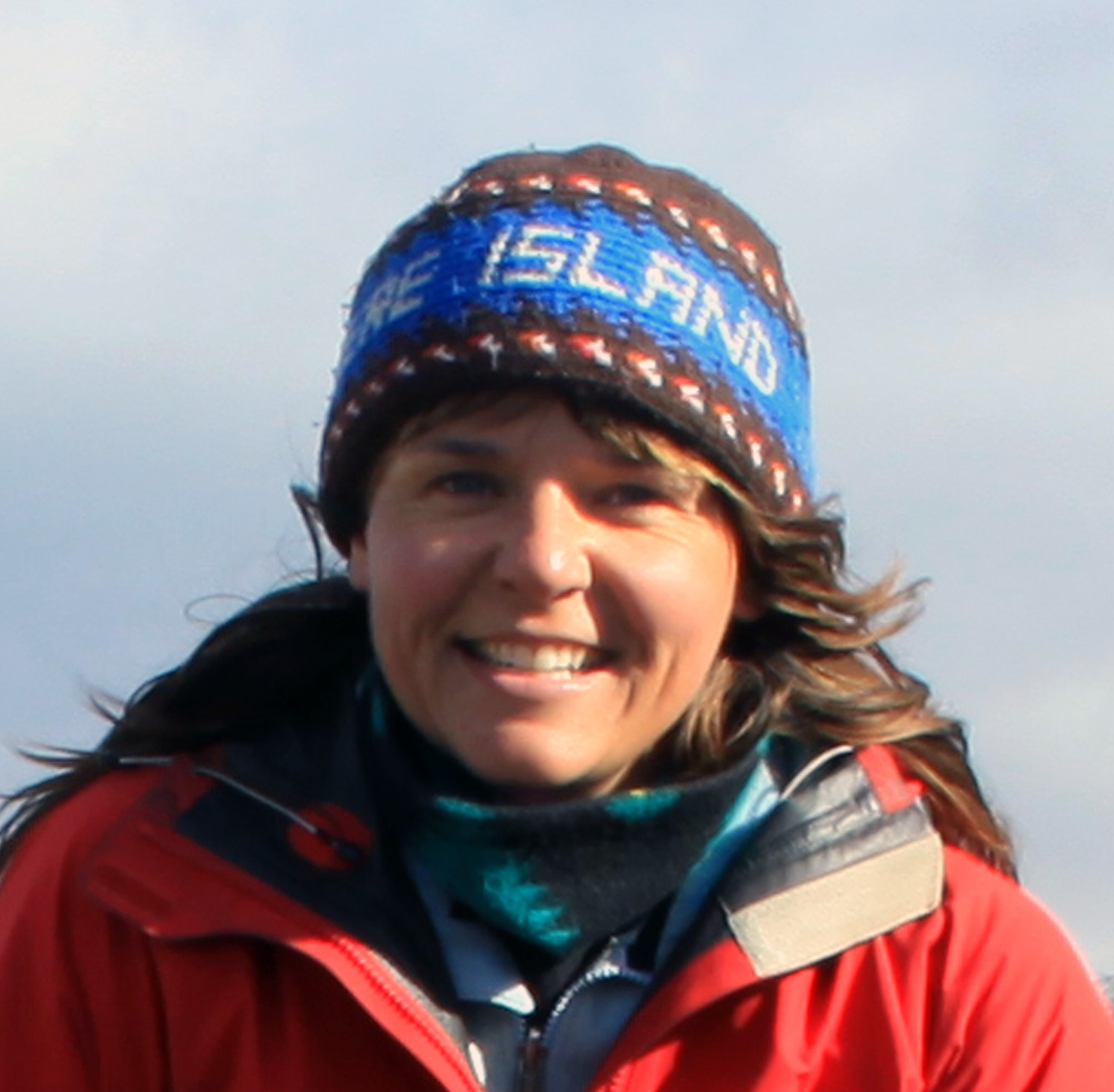
Jaelyn Eberle | Vertebrate paleontologist, Professor, and Curator
Players meet Jaelyn in Mission 1 of the Polar Lab
[+] MORE
Growing up on the Saskatchewan prairies, I spent summers collecting rocks and fossils with my grandmother, and by the age of five, I wanted to be a paleontologist. In 1991, I graduated with a Bachelor’s Degree in Paleobiology from the University of Saskatchewan and moved south to begin graduate studies at the University of Wyoming, working with geoscientist Jason Lillegraven. My PhD research focused on the evolution of mammals across the Cretaceous-Paleogene (K-Pg) boundary, that infamous boundary that marked the extinction of the dinosaurs 66 million years ago. In 1996, I began postdoctoral research at Rice University in Houston. After stints as a curator at the Houston Museum of Natural Science and paleontologist at the Canadian Museum of Nature, I returned to the Rockies in 2002 and became Curator of Fossil Vertebrates at the University of Colorado Museum and a faculty in Geological Sciences.
From my perspective, understanding how ancient animals and plants responded to past climate change may be our best means to understand and predict what is in store for Earth’s biota as the climate continues to change. My research concentrates on the study of mammals during past intervals of climate change – particularly the early Eocene greenhouse world - and the recovery and evolution of mammals following the K-Pg boundary mass extinction. I also analyze the oxygen and carbon isotope ratios of vertebrate bones and teeth to quantify Arctic paleoclimate and provide insight into the paleobiology of ancient Arctic mammals, for example their diet and behavior. My field sites range from the Rocky Mountain Region to Canada’s High Arctic and Alaska’s North Slope. As a curator at the University of Colorado Museum, I oversee a collection of over 100,000 vertebrate fossils, largely from Colorado and Wyoming.
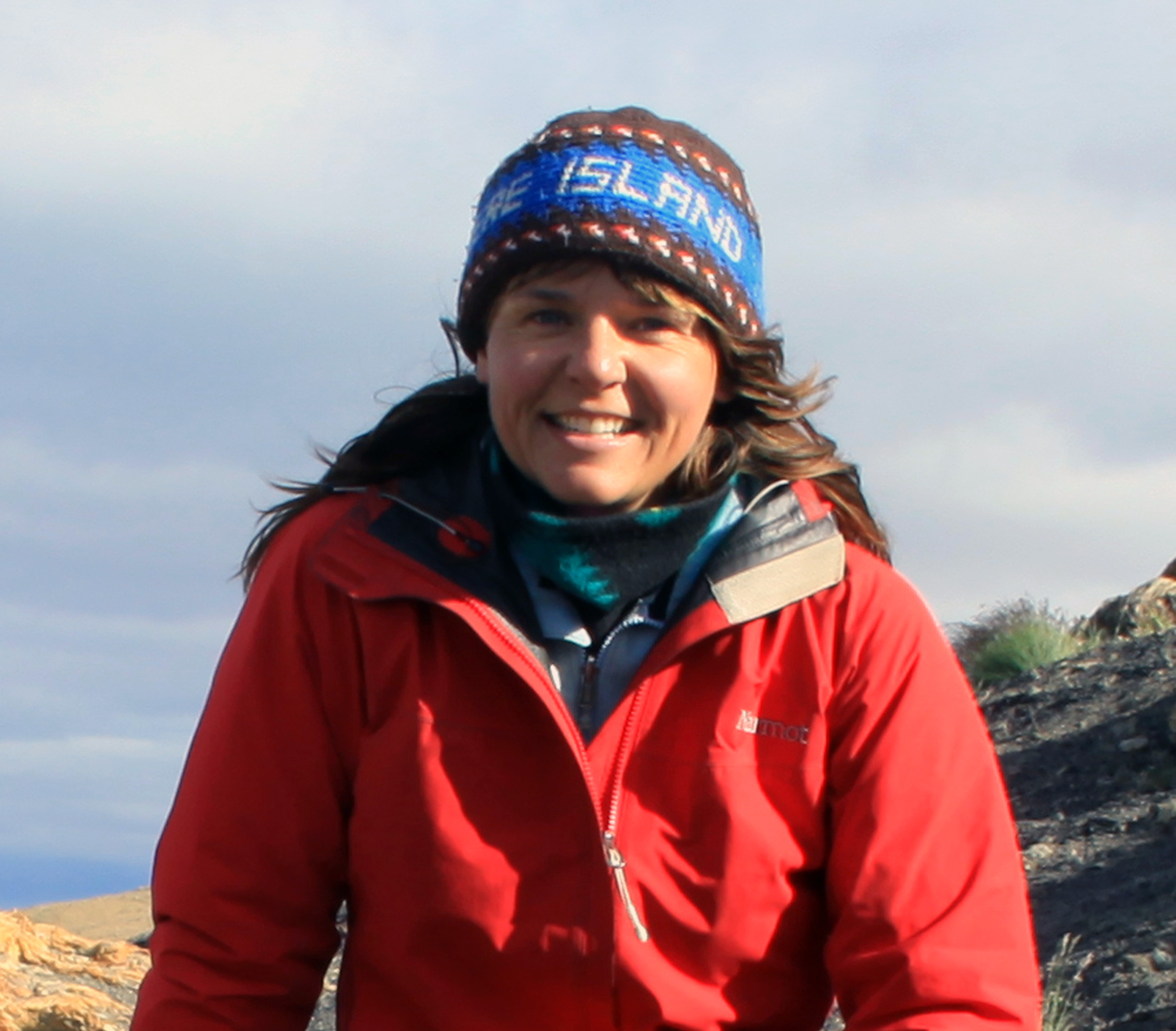 Her field sites range from the Rocky Mountain Region to Canada’s High Arctic and Alaska’s North Slope.
Her field sites range from the Rocky Mountain Region to Canada’s High Arctic and Alaska’s North Slope.[-] LESS
-
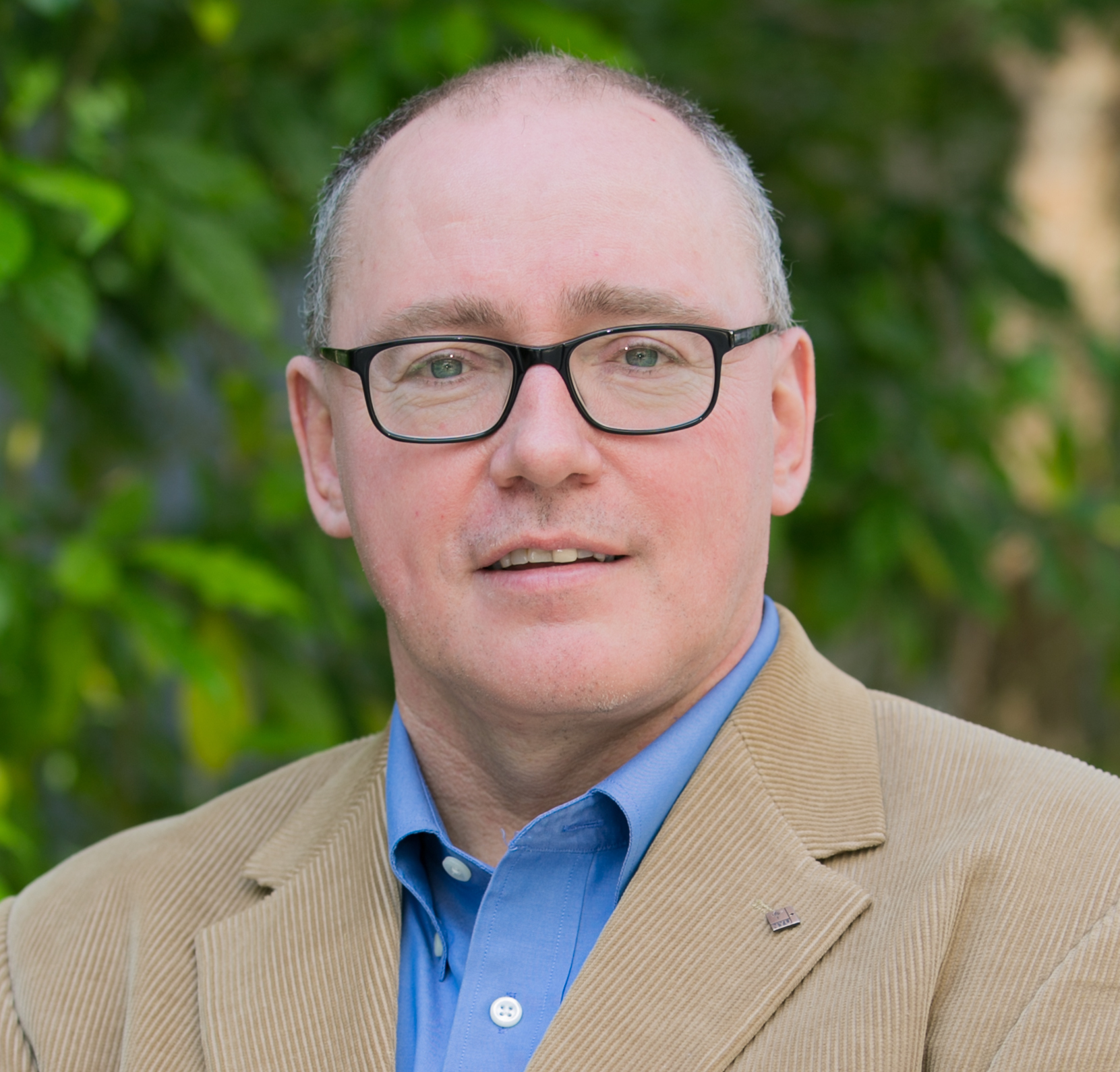
David Holland | Professor of Mathematics and Atmosphere/Ocean Science
Players meet David in Mission 3 of the Polar Lab
[+] MORE
Professor David Holland graduated from Memorial University of Newfoundland with a B.Sc. in Physics and a B.A. in Mathematics in 1985. His graduate studies included a M.Sc. in Physical Oceanography in 1987 and a Ph.D. in Atmosphere-Ocean Science from McGill University in 1993. Since 1998 he has been a faculty member of the Courant Institute of Mathematical Science at New York University (NYU), becoming a full professor in 2008.
His research focuses on understanding mechanisms by which significant sea level change could arise from the great ice sheets, Greenland and Antarctica, over the coming decades. He applies advanced applied mathematical techniques to data collected in remote environments. A veteran of 10 years of Greenland and Antarctic field expeditions, Professor Holland continues to spend summers collecting vital information about the state of the glaciers in those regions. This data analysis is used in improving computer modeling of the interaction of the great ice sheets with warming global ocean waters leading to more robust projections of global sea level change.
He has published more than 100 peer-reviewed articles on polar environmental science. He was awarded an NSF Career Award in 2000. He served as Director of the Center for Atmosphere-Ocean Science in the Courant Institute during 2008-2013 and since 2013 he has become the Director of the Center for Sea Level Change at NYU New York and Abu Dhabi.
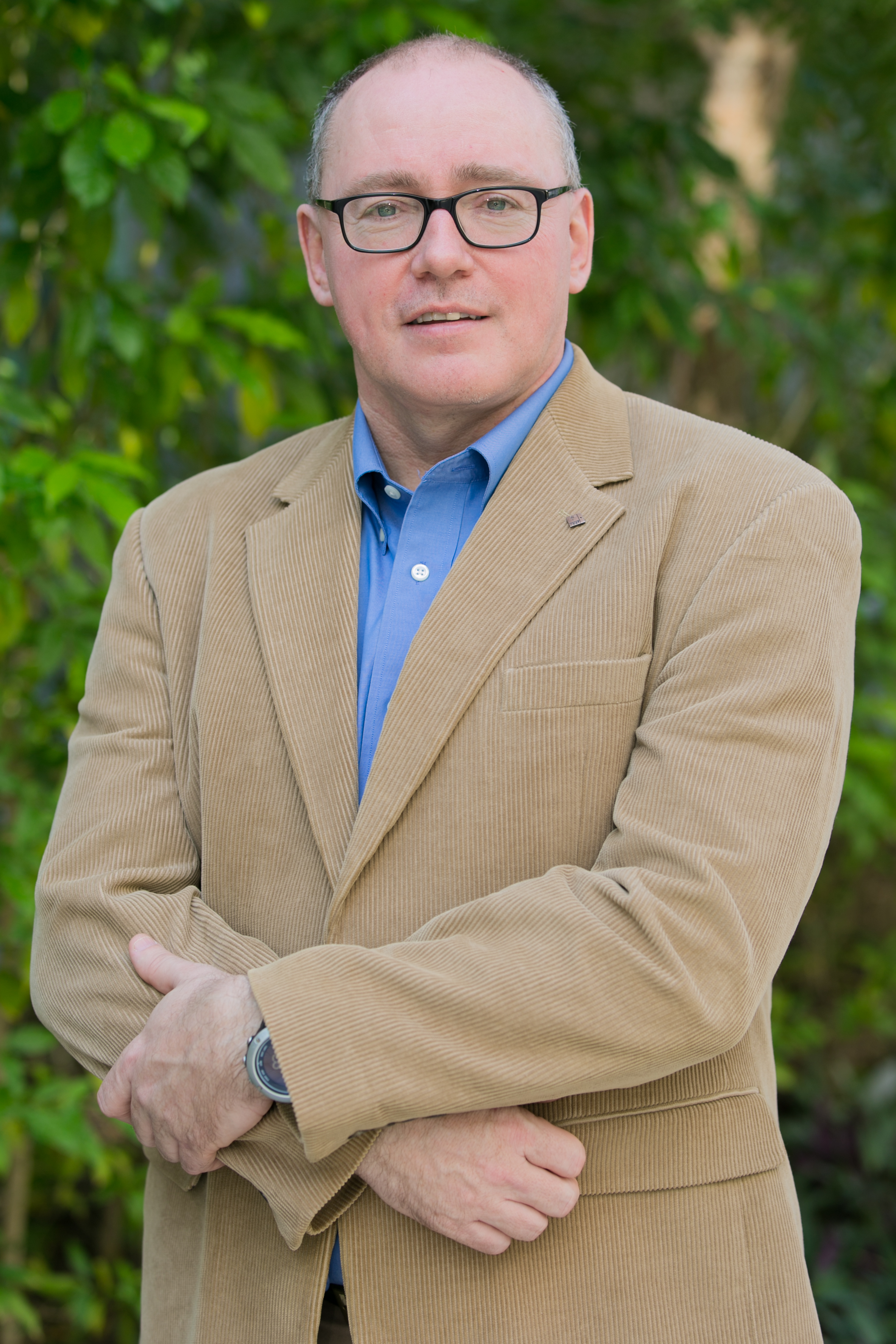 David Holland's research focuses on understanding mechanisms by which significant sea level change could arise from the great ice sheets, Greenland and Antarctica, over the coming decades.
David Holland's research focuses on understanding mechanisms by which significant sea level change could arise from the great ice sheets, Greenland and Antarctica, over the coming decades.[-] LESS
-
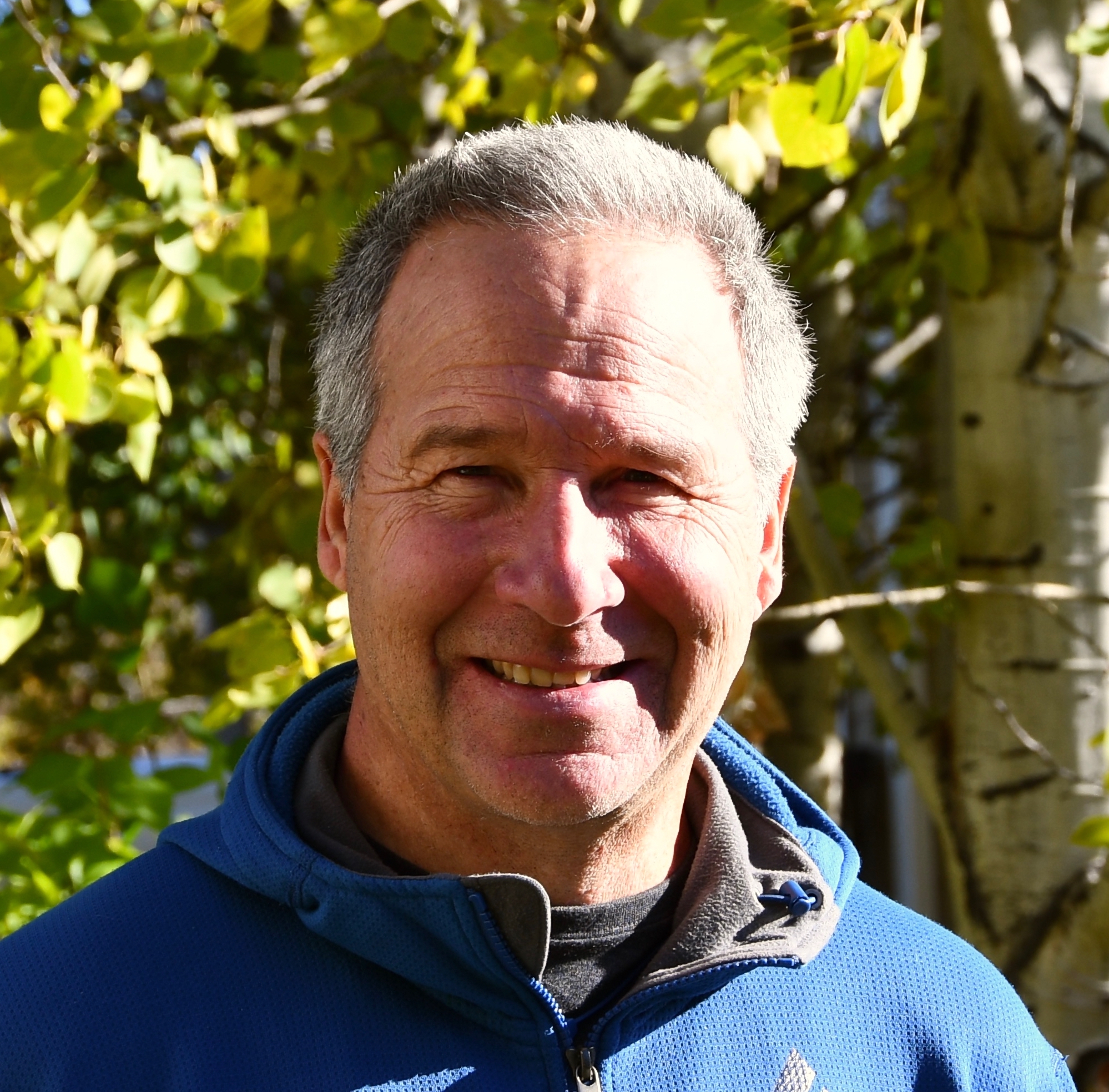
Jay Rotella | Professor of Ecology
Players meet Jay in Mission 3 of the Polar Lab
[+] MORE
I am a professor in the Ecology Department at Montana State University in Bozeman, Montana. My work focuses on animal population ecology, modeling and estimation of population parameters, and effects of abiotic and biotic factors on population dynamics. My research includes both basic and applied topics that span from management of wild populations to life-history evolution. I have worked on research teams that have investigated a variety of aspects of the ecology of diverse species of birds, mammals, and fish in and around Montana. Since 2002, I have been conducting field research on Weddell Seals in Antarctica. I teach a senior-level course in ornithology and 2 graduate courses in animal population biology.
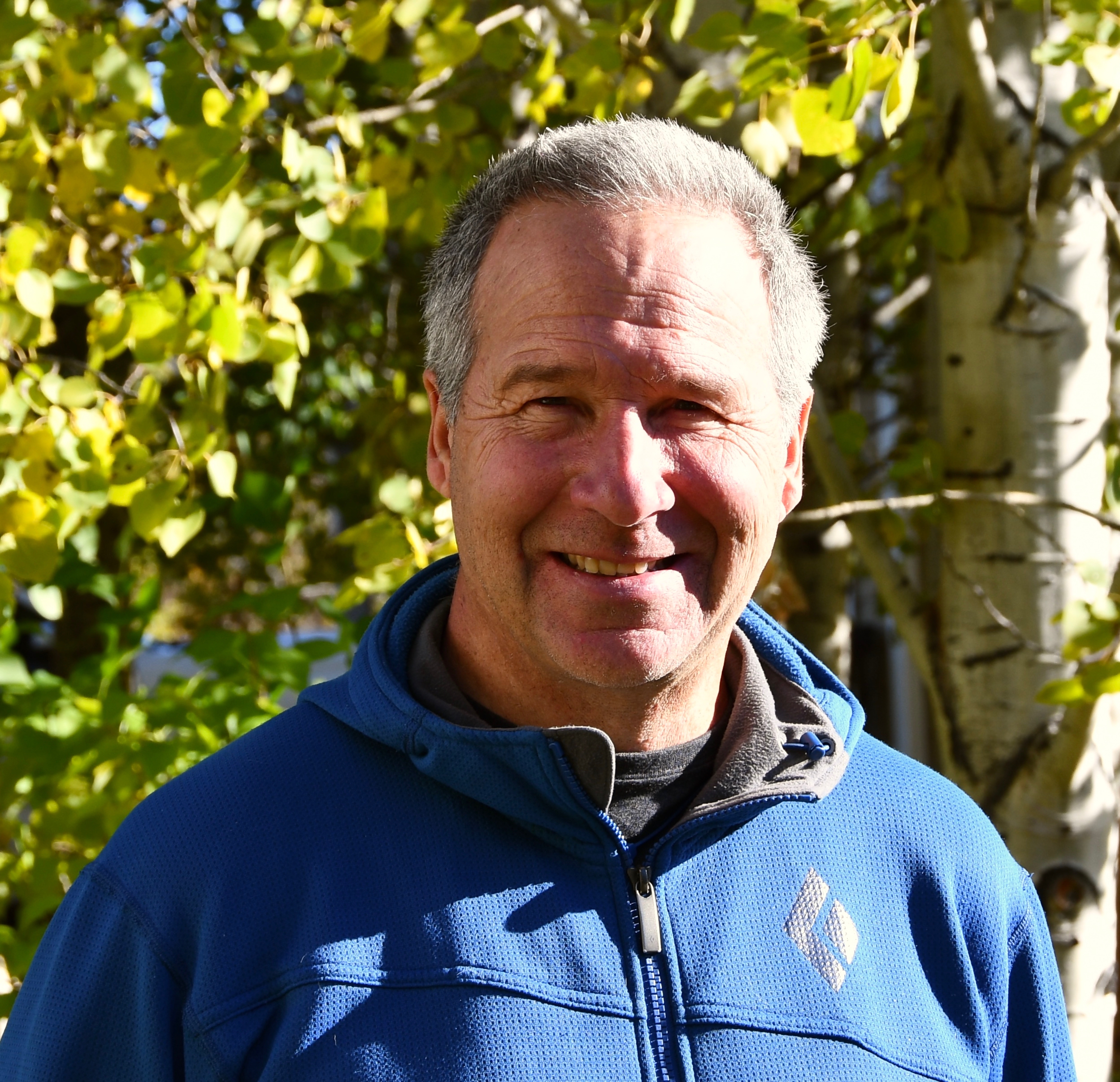 Since 2002, Jay Rotella has been conducting field research on Weddell Seals in Antarctica.
Since 2002, Jay Rotella has been conducting field research on Weddell Seals in Antarctica.[-] LESS
EDUCATION AND RESEARCH ADVISORS
-
Heather Hodges
Postdoctoral Scholar
UC Santa Barbara
Heather is a postdoctoral scholar at the Bren School, interested in how public and politics influence policy design and implementation. Using theories from communication and social psychology to analyze the public's relationship to policy through information streams, she uses these findings to explain this relationship via their interactions with agencies and managers. -
Stephanie Keep
Curriculum Developer
BiteScis
Stephanie was trained as a paleobiologist at Wellesley College and Harvard University. Opting to leave research behind, she now resides comfortably in the center of a Venn diagram that includes science education, academia, and communication. Stephanie is co-founder of a BiteScis, an organization that brings together educators and researchers to develop misconception-focused lesson plans rooted in current research. She also continues to do freelance work for other organizations (like NOVA!) that produce free, high-quality stuff for teachers. She loves farm animals, hates olives, can’t spell the word “resources,” and will do pretty much anything to get references to whales, cephalopods, and xenarthrans into the stuff she writes. -
Lisa Leombruni
Director, Environmental Communication Program and Lecturer
Bren School, University of California, Santa Barbara
Lisa Leombruni, PhD has interdisciplinary experience in broadcast science media, communication research, and environmental science and policy. She directs the Strategic Environmental Communication program at the Bren School of Environmental Science & Management at UCSB, where she also lectures in environmental communication, environmental writing, and manages a capstone experience for graduate students creating science media for clients such as Southern California Edison, California Academy of Sciences, Honda, and the Channel Islands National Marine Sanctuary. Previously, Lisa worked for NOVA/WGBH Boston, where she co-developed proposals for television programs, oversaw media evaluation studies, and did editorial research. She has consulted for a variety of clients, including the United Nations and Oxfam America. She received her PhD in Communication from UCSB, a Master of Environmental Science from Yale University, and a BA in Biology from Brandeis University.
SCIENCE ADVISORS
-
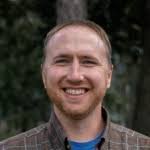
William Daniels | Postdoctoral Researcher
Will advised Mission 2, Lake El'gygytgyn
[+] MORE
Will Daniels is a researcher at the University of Massachusetts, where he studies paleoclimatology and paleolimnology. His research is focused primarily in the Arctic, but he also has projects on urban ponds, the Laurentian Great Lakes, and in Peru. In general, his research aims to understand the linkages between humans, climate, and the environment. Will received his BA from Lawrence University in 2007 and his PhD in Geology from Brown University in 2017.
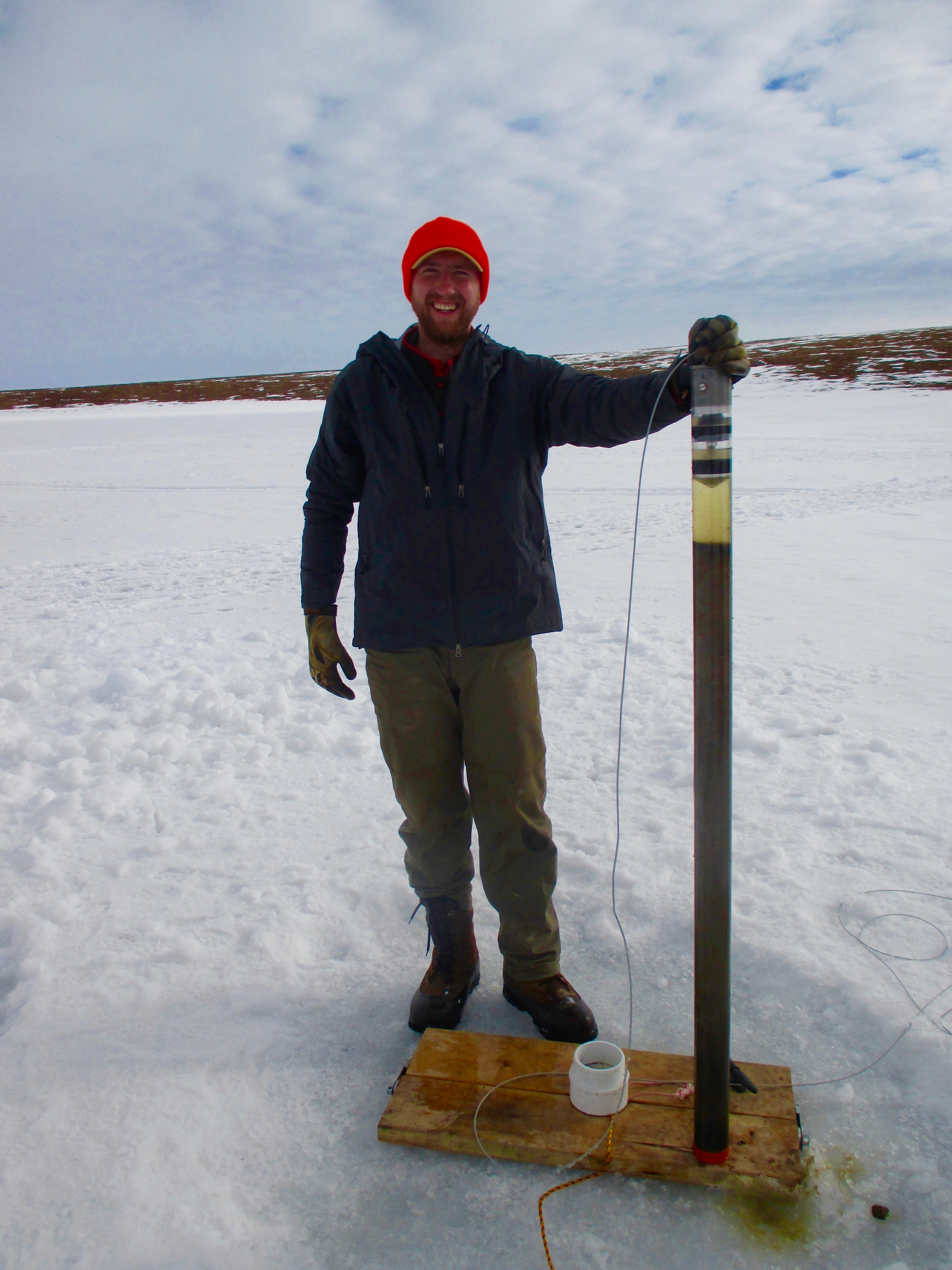 Will's research is focused primarily in the Arctic, but he also has projects on urban ponds, the Laurentian Great Lakes, and in Peru.
Will's research is focused primarily in the Arctic, but he also has projects on urban ponds, the Laurentian Great Lakes, and in Peru.[-] LESS
-
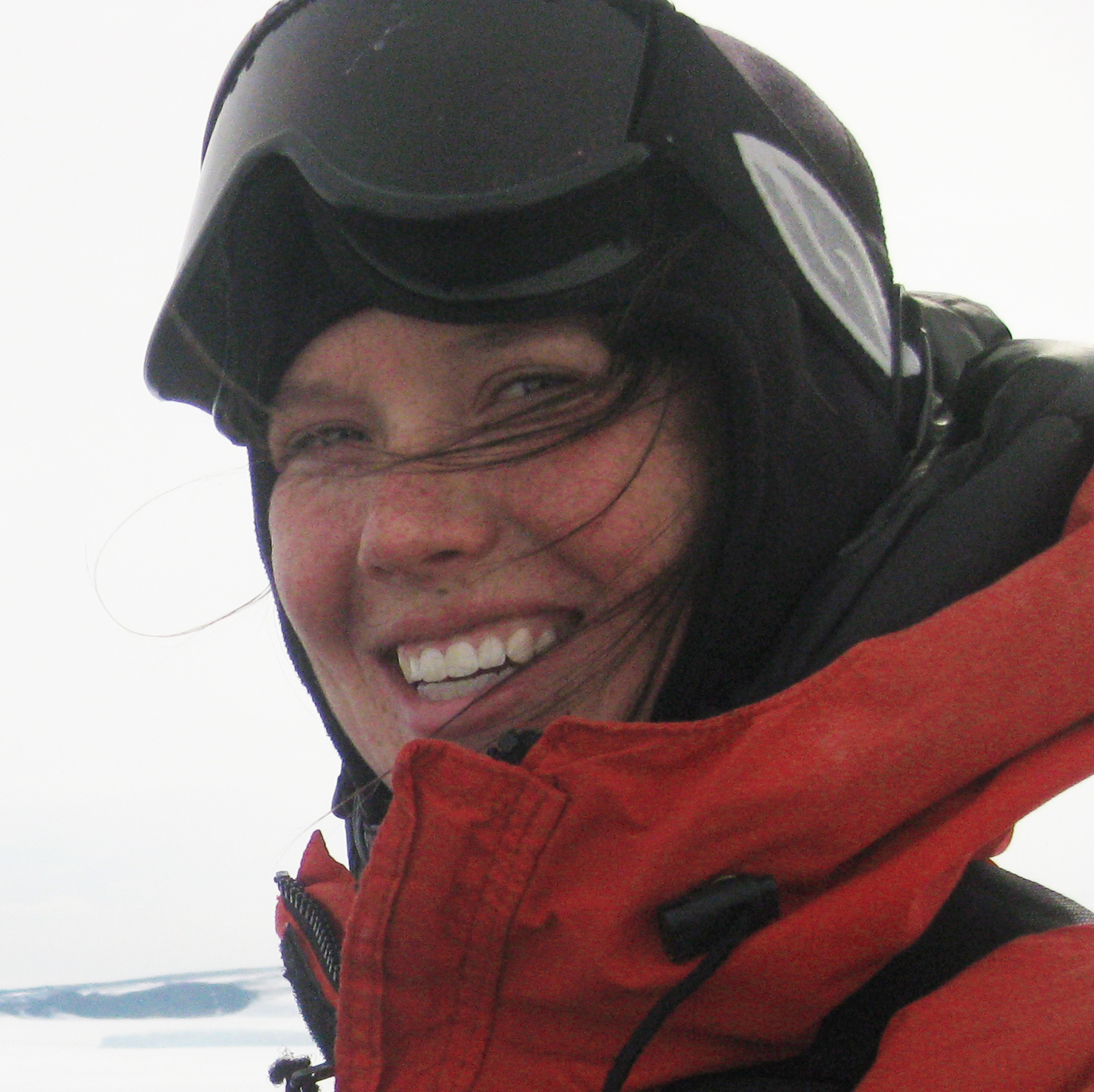
Kaitlin Macdonald | Graduate Student
Kaitlin advised Mission 3, Weddell seals
[+] MORE
Kaitlin Macdonald is a Ph.D. student at Montana State University being advised by Dr. Jay Rotella. Her research focuses on understanding the abiotic and biotic factors that affect survival, reproduction and maternal allocation of Erebus Bay Weddell seals. She joined the Weddell seal project in 2014. She received her M.S. in Fish and Wildlife Management from Montana State University in 2018 and holds a B.A. in Environmental Studies and a B.S. in Economics.
Her research focuses on understanding the abiotic and biotic factors that affect survival, reproduction and maternal allocation of Erebus Bay Weddell seals.http://www.montana.edu/ecology/directory/grad-students/ma...
http://weddellsealscience.com/
[-] LESS
SPECIAL THANKS
David Ainley
Bill Fraser
Nicole Davi
Helen-Nicole Kostis
Michelle LaRue
Matt Oliver

